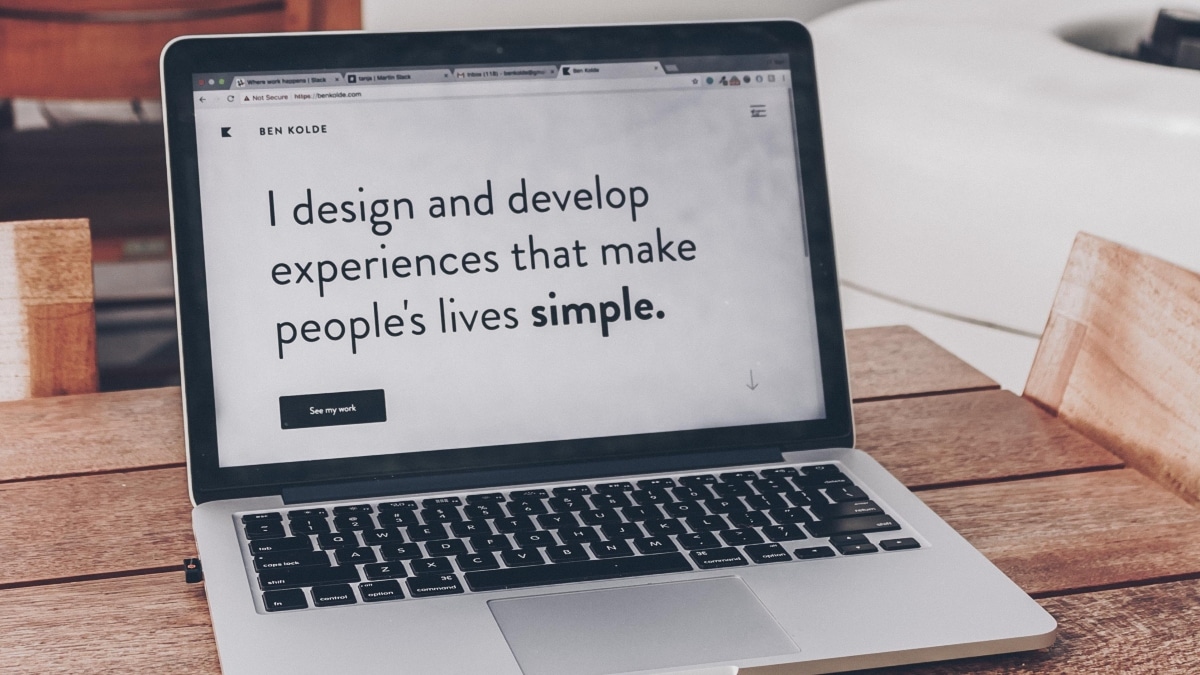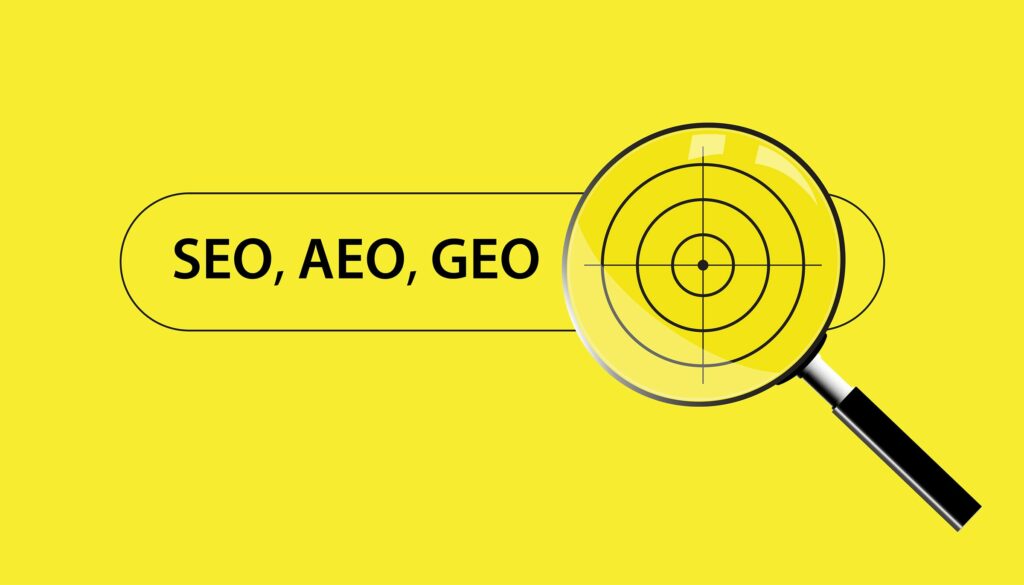Here at HyperWeb we know what works and how to drive business success through our website development approach.
But what does it actually mean to be a website developer?
Well, we went straight to the source and asked Andrew and Terry, two of HyperWeb’s developers, about what they do, the importance of a business having a good website, and as a business owner what questions you should ask a developer in order to get the best value for your website.
As a website developer, what is your role at HyperWeb?
Terry: We build & fix websites, and help clients with website related problems.
Andrew: As Web Developers we work with the client’s requirements to design a website that achieves their objectives and is easy to edit with the use of WordPress (our chosen CMS).
What do you actually do at HyperWeb?
T: Write CSS, HTML, PHP & JavaScript code, web design, troubleshoot, optimise & configure websites. Read and reply to emails.
A: As the title implies I spend most of my day designing & coding websites, but it is often broken up by little tasks like small updates to existing websites, backend development to give a client’s site new functionality, SE, setting up 301 redirects to make sure a landing site doesn’t disappear on Google when the links break.
What is the importance of a business having a good website?
T: A good website helps customers find the information they need and gives a good first impression. It is critical for a new business.
A: A website is an incredibly important first impression a customer has to your brand & the services you offer. Thanks to the prevalence of the web, you can guarantee a customer has been to your website & used the information to gauge their opinion of your brand & if they want to engage in your services. Which is also why SEO is important to make sure the customer finds you when they use a search engine (i.e. Google).
What questions should a client be prepared to answer in order to get the best value out of your work?
T: Everything about their business that might help me make a great design, if they already have any marketing material, photos etc I want it all before I start- technical projects aren’t good with shifting goals.
The exact questions depend on the type of business, usually we are trying to work out what sets the business apart from the rest so we can portray the business honestly to the customer and find a unique style that suits the business and target audience.
A: A client should be prepaid to answer questions about the objective of the website & a clear pipeline that ends in a possible business prospect, which will usually align with a marketing plan to nurture that contact. Content is a big factor in a website, it contributes to ranking each page of the site in search engines & is often overlooked by a client when they commission a new site. Examples of sites the client likes are also a big factor in the visual aspect of the site, in terms of what kind of UX & UI the client is looking for & helps the Web developer set the visual look of the site. Branding/Style guide & images are also important to help the website match the existing components of the client’s current branding.
What do you enjoy the most about your job?
T: Completing projects, the best part is when it all works as planned and is out in the wild being used.
A: I really enjoy taking a website form the beginning when it is just an idea & using the client’s objective & branding, my design, coding & experience to translate that into a finished competitive website. Every website is different & has different challenges that always keeps me on my toes.
What would you say to a potential client who decides they would rather create their own website using a template than pay the money for a web developer?
T: If you can afford the time and you just want it to look like a template website, do it. But those kinds of websites are not fun for us to fix up afterwards, like a house built on poor foundations – be prepared to start from scratch.
A: There are a lot of services or pre-coded templates out there that can enable you to create a website with less design & technical ability required, the thing to remember is that a lot of these services/templates are made with standard options that are meant to appeal to a board range of customers but don’t offer the ability to fully customise the experience of the website to your suit your brand or marketing objectives. SEO is also held back from achieving the deep optimisation/ performance increase which will affect getting good scores in Google which leaves your site feeling half-baked overall.
What’s the difference between a web developer and a web designer?
T: Web Developers work with underlying code that controls the inner workings, some visual elements and features of the website. Web Designers work with the graphics, colours, visuals and layout.
There is some overlap with both roles, if a design needs some fancy data filtering options then you might need a Developer – even though the results are visual.
A: Typically, a web designer will cover Graphic Design & the Front-end side of a website (HTML5, CSS3 & JavaScript), but won’t dip into any Backend development, CMS customisations, integrations with other services/technology or SEO.
How do you stay up to date with the ever change technological landscape of the internet?
T: Learning on the go is a big part of this field – web research, reading a lot and trying out new ideas in my spare time. Stack overflow, WordPress forums and many more.
A: A mix of techniques, I try to include a new thing in every project or come up with an idea/technique/methodology to make the next project go smoother or work better. I look at web development focused news/tutorial sites, browse other web developers open-source code & experiment using sites like codepen.io that let you create & share snippets of code easily.
How long have you worked as a website developer? Do you have a specialty within this role at HyperWeb?
T: Over 20 years, the last 10 or so have been primarily coding, but web design is coming back into the picture.
A: I’ve worked for about 12 years in Web Design, specialising in front-end code optimisation/performance. Because we are a small team being flexible is very important. I sometimes do Photoshop touch-ups to images that need a little TLC, other times Brendan will give me a challenge to solve a problem in a certain amount of time, or I help a colleague with a problem their having when they need a fresh perspective.




